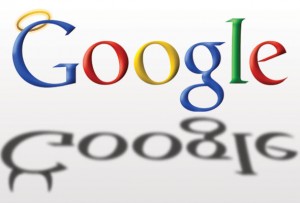In what seems like a make-or-break phase in the bright history of Google, U.S. officials have started an investigation to enquire if the company has been misusing its dominance over the Internet search and advertisements in order to repress competition.
Federal trade Commission confirmed on Friday 24th June that the probe will need Google to convince the officials that its search results give the best recommendations to people and do not bury its rival’s links. For example, if you are looking for a local business, Google might highlight its own listing from Google Places, a service by Google, in the search results, in place of Yelp’s, a competitor of Google and a famous review website. If you request for directions, you might be directed to Google Maps and YouTube, Google’s own site is where you might find yourself directed to if querying for a video. Top ads might be those for Google Adviser which lists minimum interest rates.

It is expected that the enquiry will also look into the financial engine of Google. You will find the advertising links attached to the content of every search request. These commercial messages can be seen highlighted on the top of the search results page or might by listed in the right hand column.
Most of Google’s revenue which is expected to be over $35 billion in this year, is generated by the text advertising that is displayed next to the search results, despite Google having expanded its mobile phones, video and television. Certain websites have argued that Google manipulates its system in order to draw close to the ad prices, although Google says that the bids submitted in auctions determine the rate. Other websites contend that Google blocks their ads deliberately because they are considered as competitive threats for the company. The investigation has been welcomed by a group of Internet travel companies like Expedia, Kayak and Hotwire.
European officials had also launched a similar investigation last November. Even though Yahoo and Microsoft search engines ale feature their services in the search results but the difference with Google is that Google is used for two-thirds of total search queries in the U.S. while Bing and Yahoo together have even less than thirty percent of the market.
If carried to the extremes, this inquiry could lead to Google having to spin off some of the pieces like YouTube of its vast empire built for the past 13 years.